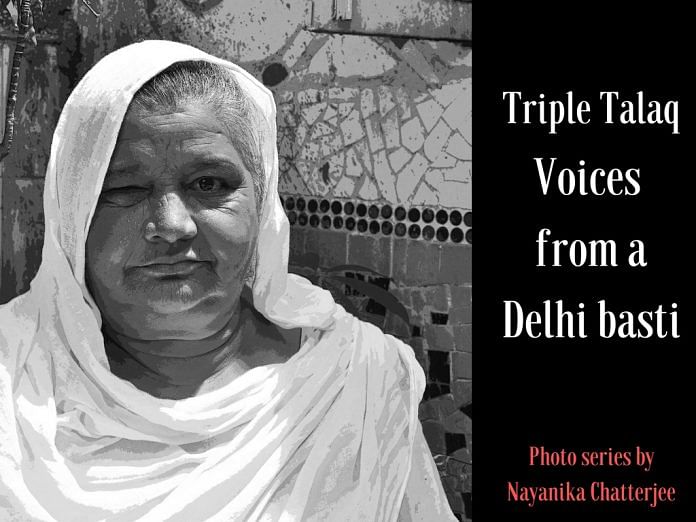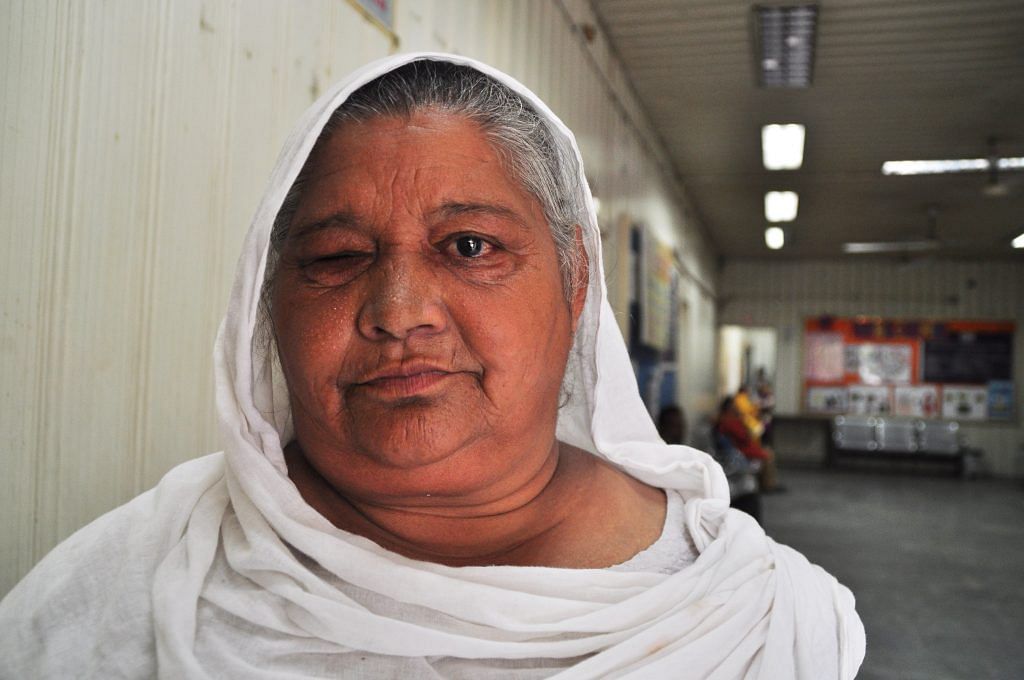Rukaiya Begum
Rukaiya Begum, who was widowed nearly seven months ago, said that technology has made relationships more insecure. “It has become extremely easy for men to break marriages simply because they have no regard for family values or discipline. They don’t think about the trouble they cause to people around them and are only concerned about themselves and believe in instant gratification,” she said.
A Young Mother
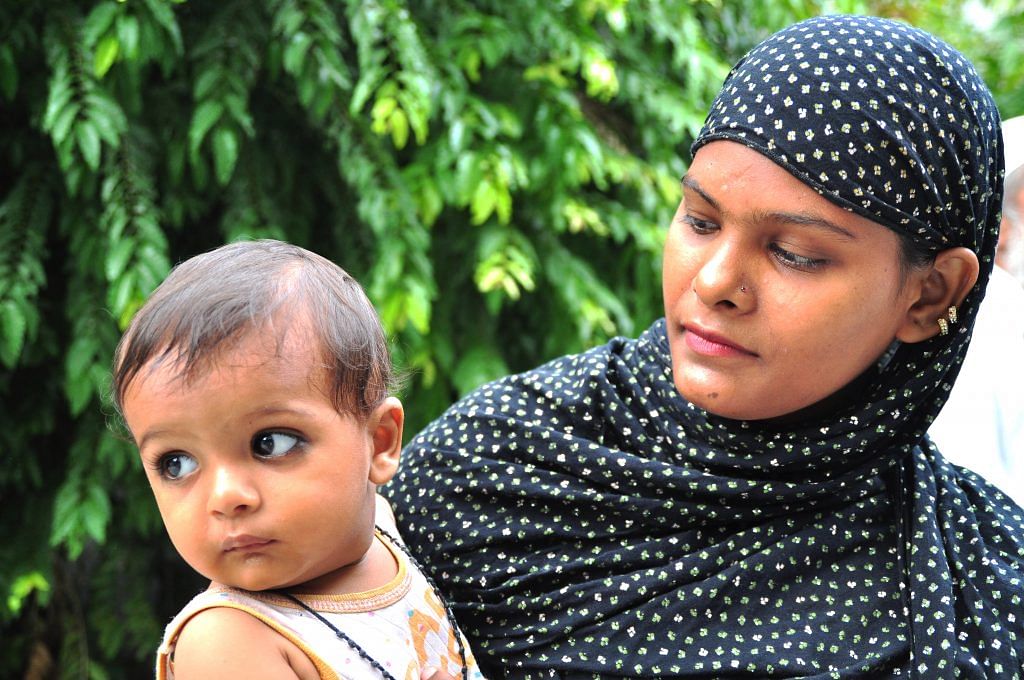
This young mother, who previously worked as a maid, returned from work recently to find her one-year-old son crying uncontrollably. She realised that her husband had beaten him up so badly that Ibrahim’s cheeks were red and bruised. She called her father to help her sort out her problems with her husband but her husband refused to meet her. He told her that he was not going to bear any responsibility for their son and did not want her to come back to live with him, she said. Although she and her father are planning to file for divorce, she is also trying to make the marriage work. That is something she does not want to give up on, she said.
Ibrahim
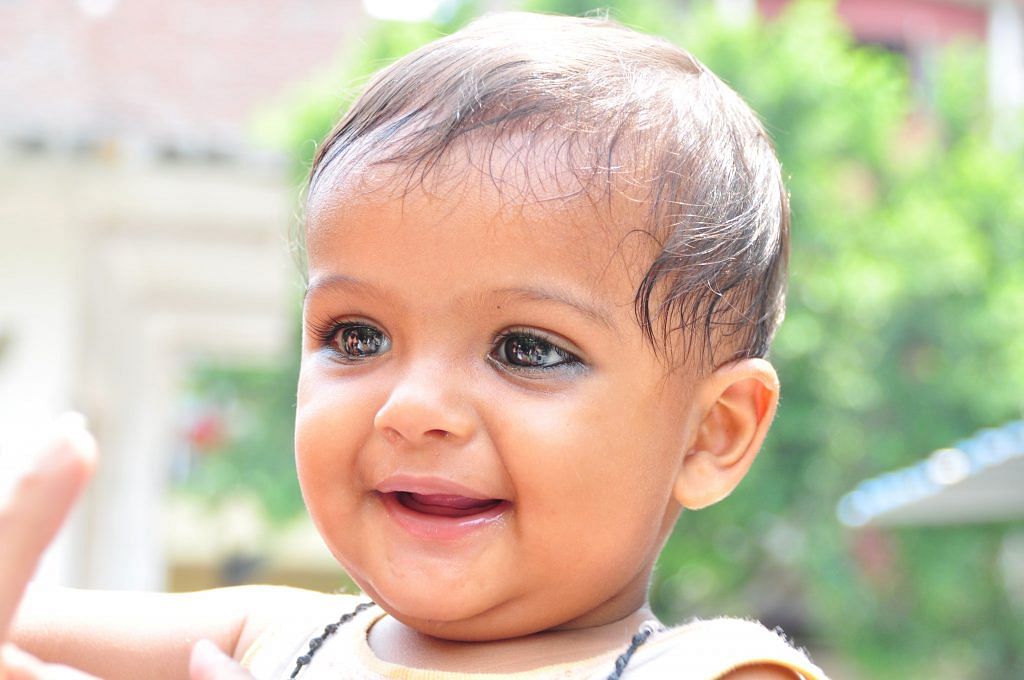
Ibrahim, the son of the young mother.
Jamala
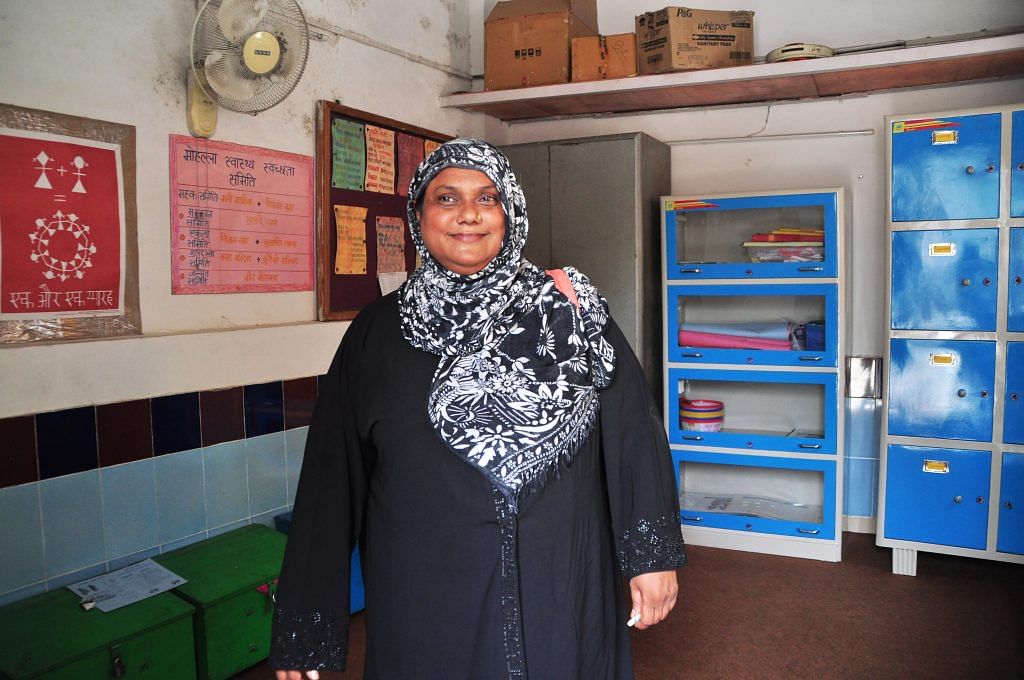
Jamala said the Supreme Court verdict on triple talaq will eventually hurt Muslims, as it is against their faith. A balance between the law and the sentiment that comes with religion is necessary, she added.
Jaan Mohammad
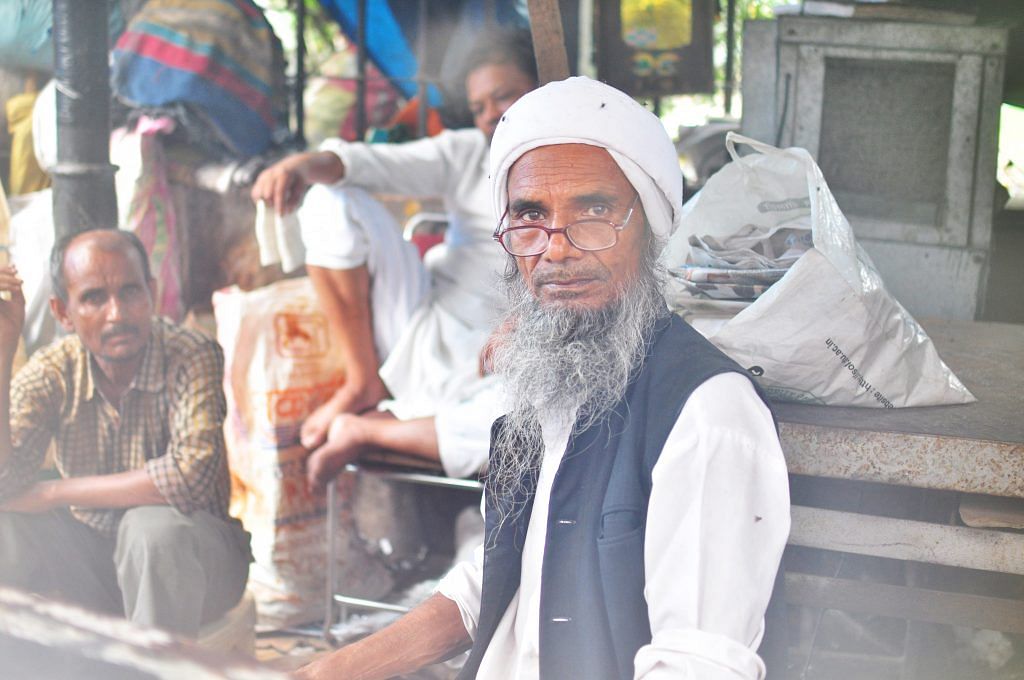
“Nar nar hote hai, naari naari hote hai,” said Jaan Mohammad, who owns a small shop in Nizamuddin Basti. “Men will be men, and women will be women.” He added that “one must understand that a woman comes with honour, and talaq seems like a huge punishment.”
“Our Supreme Court is sensible enough to know what it is doing because this will only help our women. It is tough to get men to be less aggressive but men should avoid saying talaq because it’s a crime to utter those words.”
Mohammad Nasir Hussain
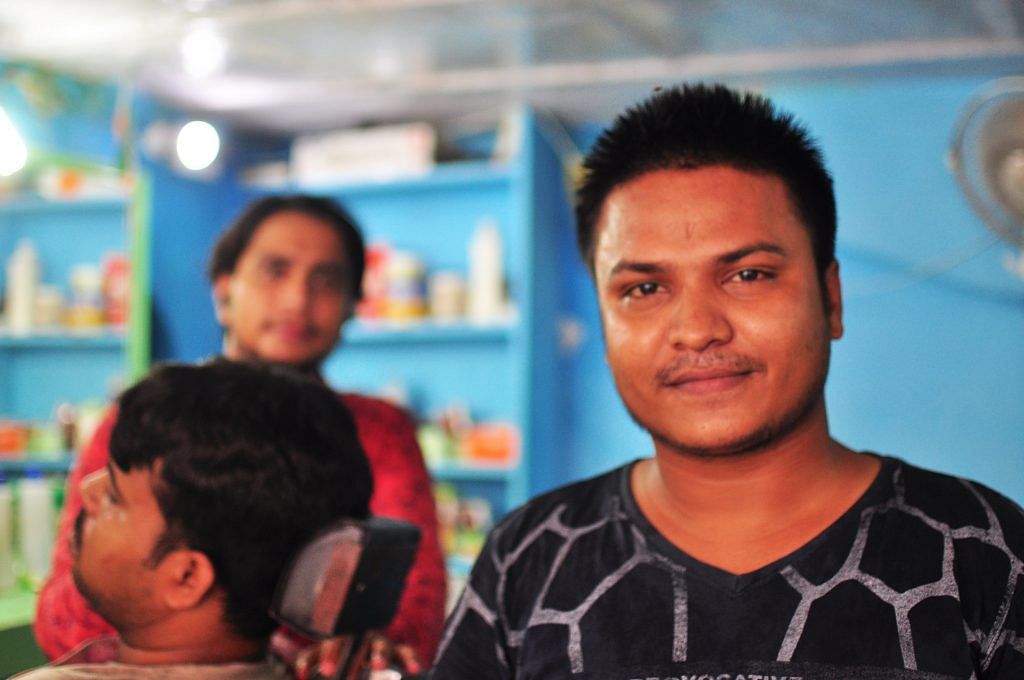
Mohammad Nasir Hussain, a resident of the basti, believes the triple talaq judgement will not change anything because Islamic law is much older than Indian civil law. “Talaq is never an individual thing. It’s not like you say it and it’s done. People forget that there is a long, drawn out procedure behind it,” he said. Most impulsive talaq decisions are taken by drunk men, he said, adding that men should exercise great caution in doing so.
Afzal and Afsala
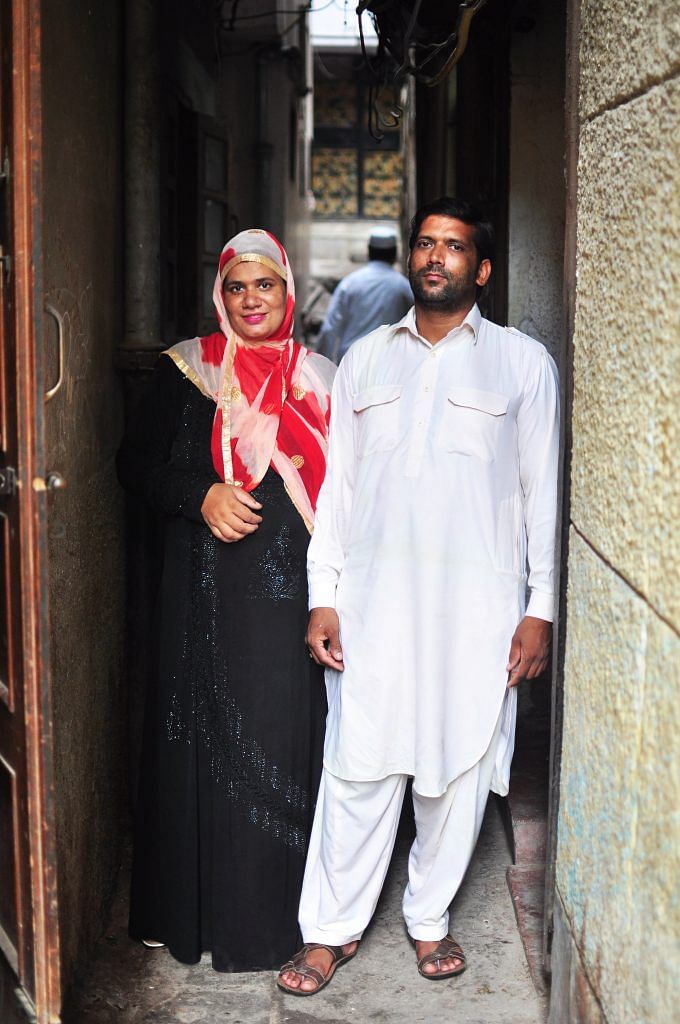
Mohammad Afzal and his wife Afsala Begum say the Supreme Court ruling is a good development. “The decision has been long awaited because it has also been implemented in other countries. Teen talaq is not in Shariat law and the husband should not be allowed to simply chuck his wife out. The two must decide and think about such an issue with seriousness. Maybe punishment would scare men and they wouldn’t do the same thing twice,” said Afzal, who sells kebabs on the roadside. Afsala said that people resorted to triple talaq even after petty fights. Two years back, Afzal’s sister’s husband moved to Saudi Arabia and has not returned. The family has gone to court to settle her talaq case but it has been very stressful for his sister, he said.
Shahana Begum
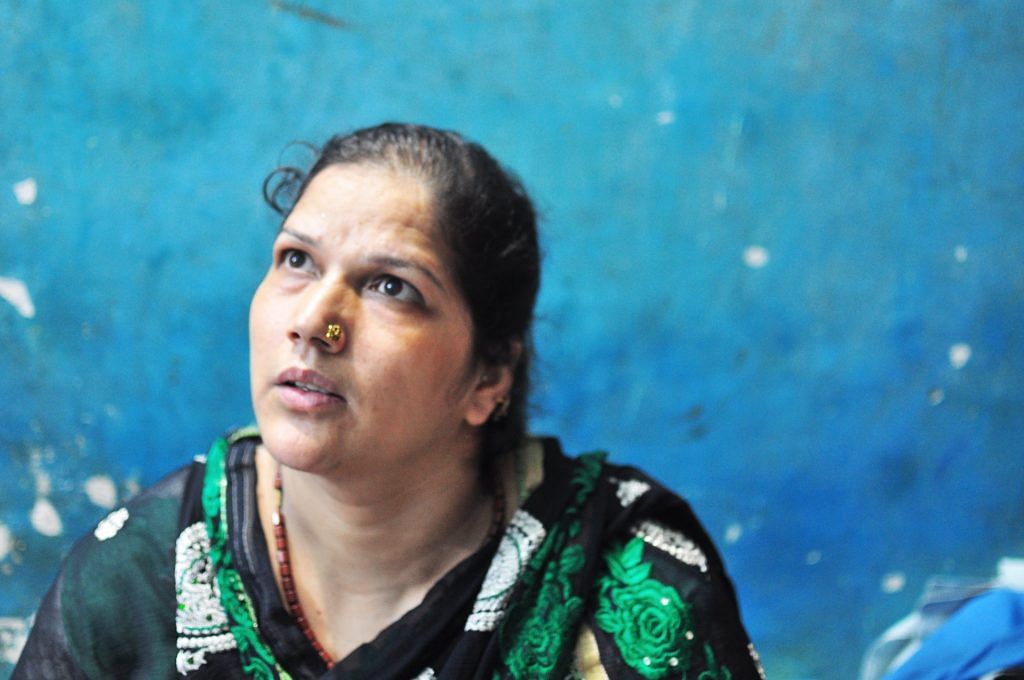
“The man must definitely get punished and not the woman. We bear children, we take care of the house and all that happens within it, so why must we be made to feel like it’s our fault?” asked Shahana Begum, a housewife.
“It should be up to the woman to decide whether she wants to leave or not, and the husband should let her leave with dignity. The Supreme Court is attempting to help us out and it will help us regain lost dignity. All this torture should not be faced by us women.
“Once men taste what it feels like to run a house, maybe then they will understand what it really feels like to have no support. I think this way the government could help increase the confidence in women so that we would be able to compete with men. Look at how funny this is: women give birth to men only to live with such unfair rules and regulations,” she said.
Mohammad Hanif
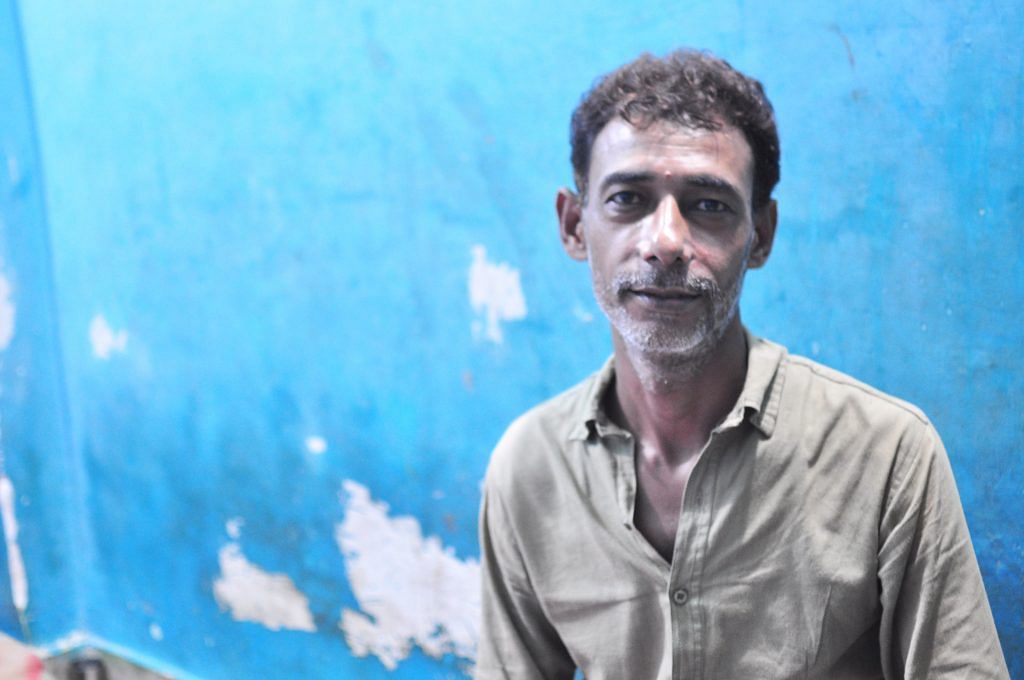
“You would think that this punishment business would actually reform people. But it never does. I have been through the entire process, I’ve spent years in courts, trying to manage my anger and after 25 years I believe that I have transformed,” said Shahana Begum’s husband Mohammad Hanif, who works at a flower shop.
“That happened not because of the punishment I got, but because of how I owned up to having some responsibility in life. People have a different understanding of [marriage] because of what happens to them in life. Drunkards will think like drunkards and women will continue to think from their hearts. Until men understand what responsibility means, they will never understand and just fall into a drain.”
Shahana’s Family
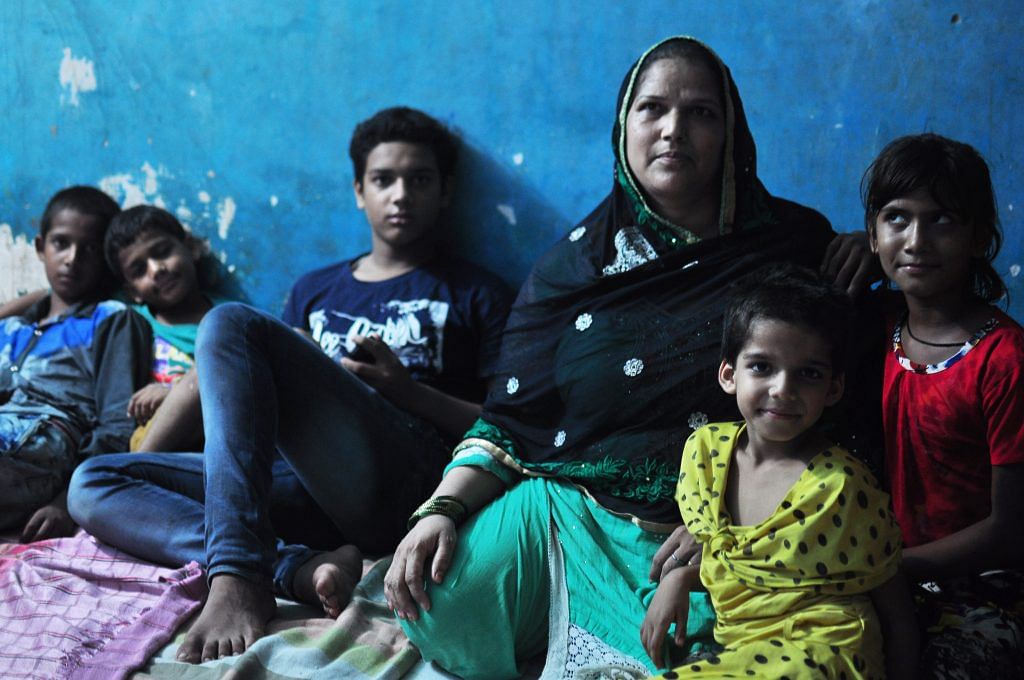
Shahana’s eldest son, Mohammad Ali, who just turned 16, said that if a marriage reaches a point where it has to be dissolved, the two people should not have gotten married in the first place.
Mohammad Fazad
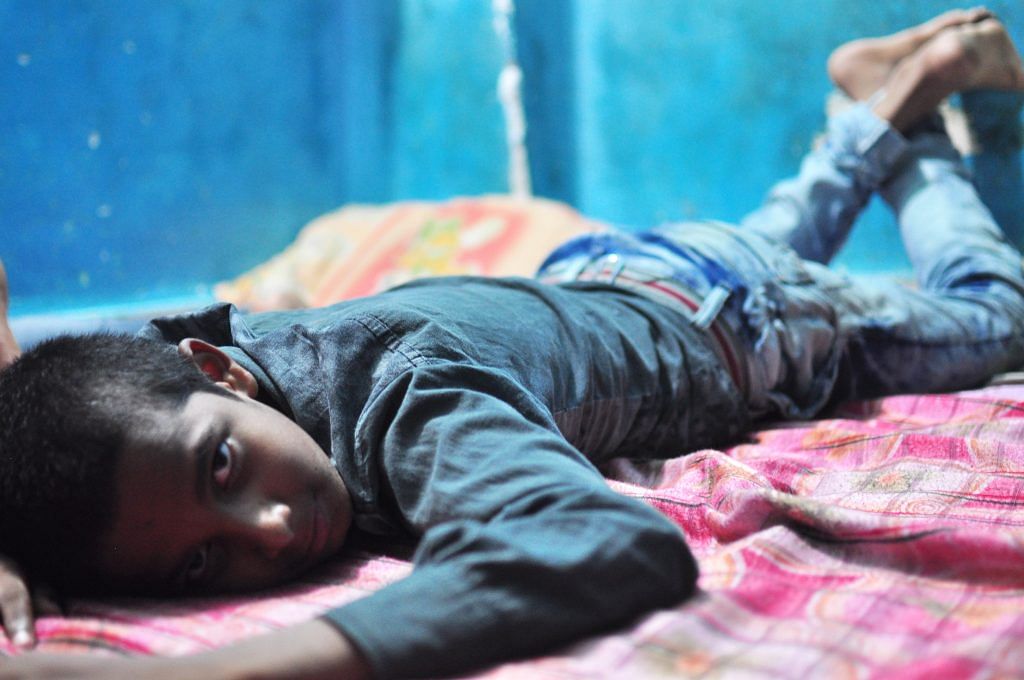
“No, women shouldn’t be treated with dignity,” Mohammad Fazad, 12, joked. His mother Shahana Begum stepped in and explained the background of triple talaq and he changed his mind. It is unfair to women, he said. He listened patiently to the rest of our conversation.


